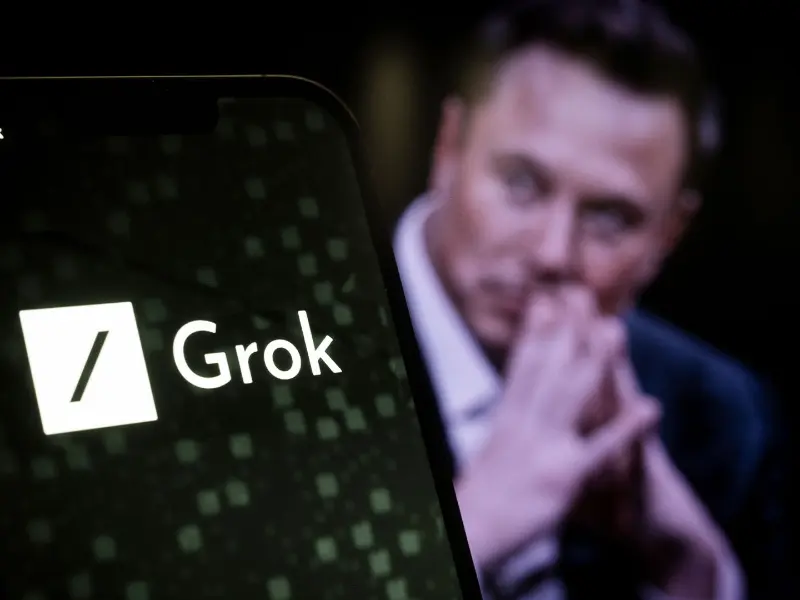- Elon Musk’s platform X was flooded with shocking AI-generated images, sparking debate on AI content moderation.
- The unregulated image generation tool on X acts as a test case for assessing the safety and ethical implications of AI.
OUR TAKE
Elon Musk’s recent experiment with Grok has highlighted the consequences of minimal AI regulation. The influx of provocative and offensive images, including some featuring public figures in inappropriate contexts, raises concerns about the balance between innovation and content moderation. While Musk champions less regulated AI, the controversy underscores the need for robust safeguards to prevent misuse and ensure ethical standards in emerging technologies.
-Tacy Ding, BTW reporter
What happened
Last week, Elon Musk’s social media platform X was inundated with a torrent of bizarre computer-generated images, including some that were violent, offensive, or sexually suggestive. Among these, one depicted Trump piloting a helicopter over the burning World Trade Centre, while others showed Kamala Harris in a bikini and Donald Duck using heroin. Amidst the online uproar, Musk commented, “Grok is the most fun AI in the world!”
By Friday, the shocking images had started to lose some of their novelty. According to data firm PeakMetrics, the volume of posts about Grok reached a peak of 166,000 on August 15, two days after the announcement of the image generation features.
Although the frenzy has subsided, the most enduring impact of Grok’s viral moment may be its implications for the emerging field of AI content moderation.The rollout of Grok was a risky experiment in what happens when guardrails are limited, or don’t exist at all.
Also read:Musk says Neuralink implants 2nd patient with brain chip
Also read:Who owns Grok AI?
Why it’s important
Elon Musk has been a vocal proponent of minimally regulated AI, criticising tools from OpenAI and Google for being overly “woke.” Despite the unfiltered nature of images produced by Grok, a startup by Black Forest Labs, even it has imposed some content limitations. AI companies generally enforce controls to avoid creating defamatory, copyrighted, or misleading content, with restrictions against nudity, violence, and gore. OpenAI’s DALL-E avoids “racy” or sexually suggestive images and those of public figures.
As the viral images intensify the debate over what these tools should display, Musk, a staunch supporter of Trump, has infused the discussion with a political dimension. Emerson Brooking, a resident senior fellow at the Atlantic Council who examines online networks, suggested that the emphasis on “anti-woke” AI development could be counterproductive. “By downplaying AI safety and inciting outrage, Musk may be attempting to politicise AI development more broadly,” he said. “This isn’t beneficial for AI research or the world, but it could be advantageous for Elon Musk.”

